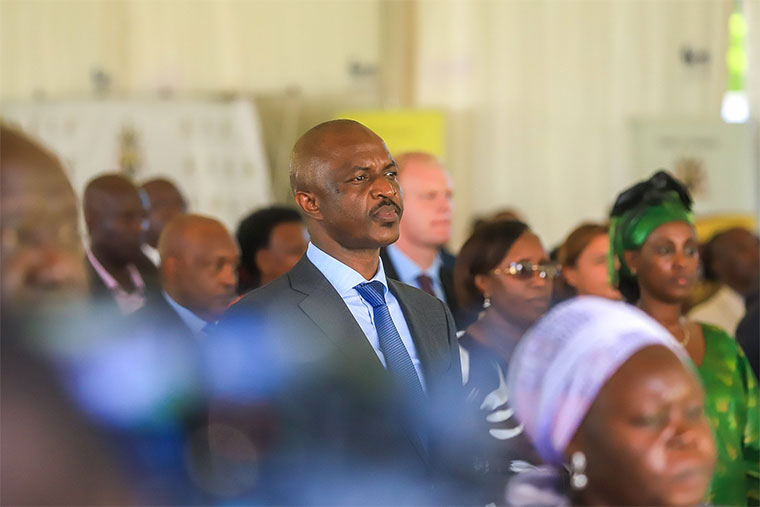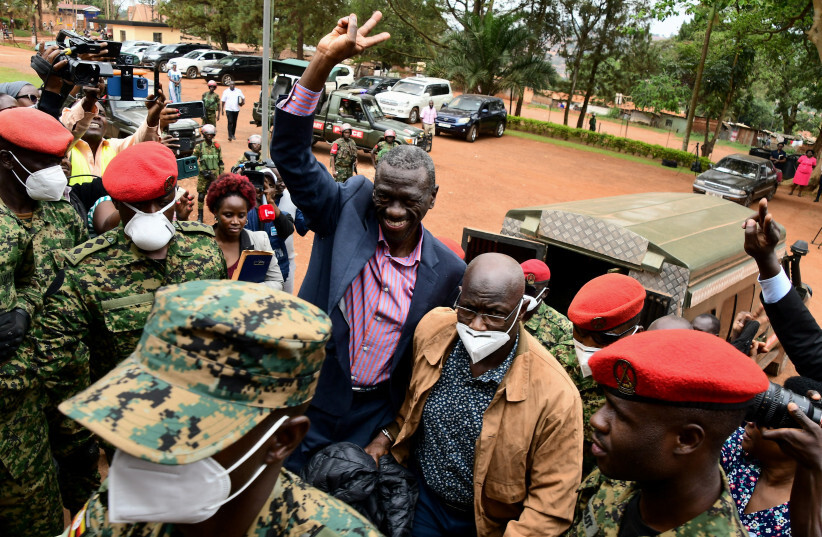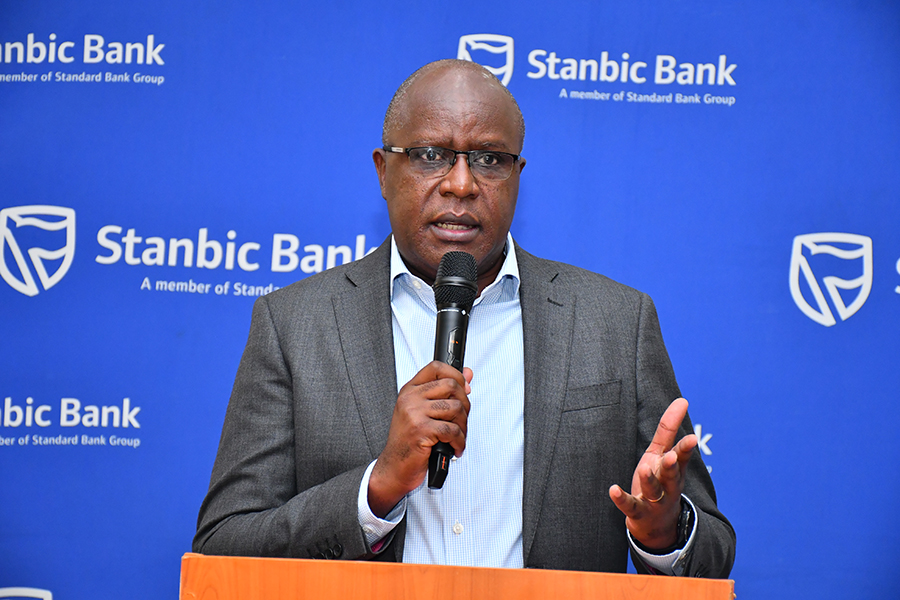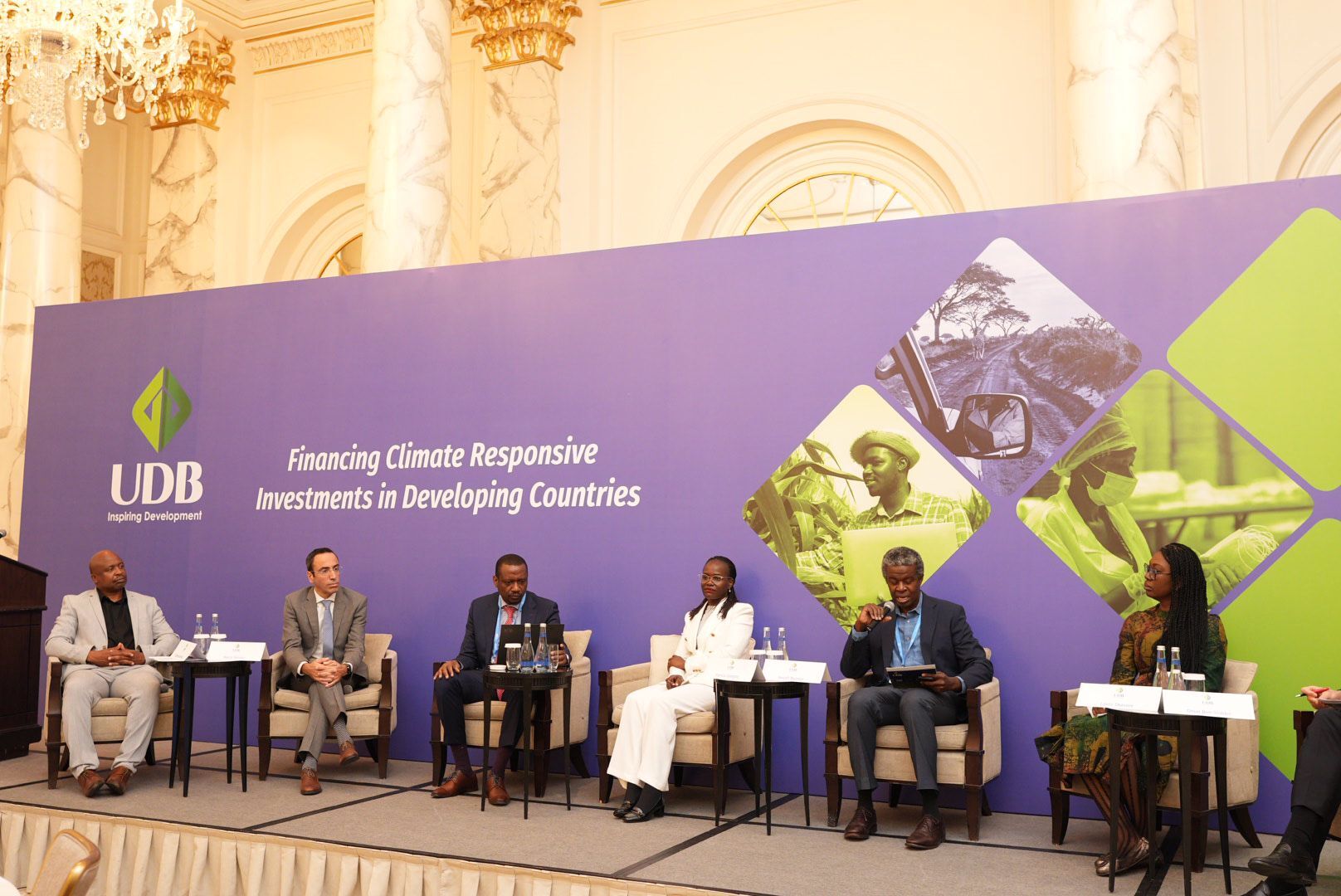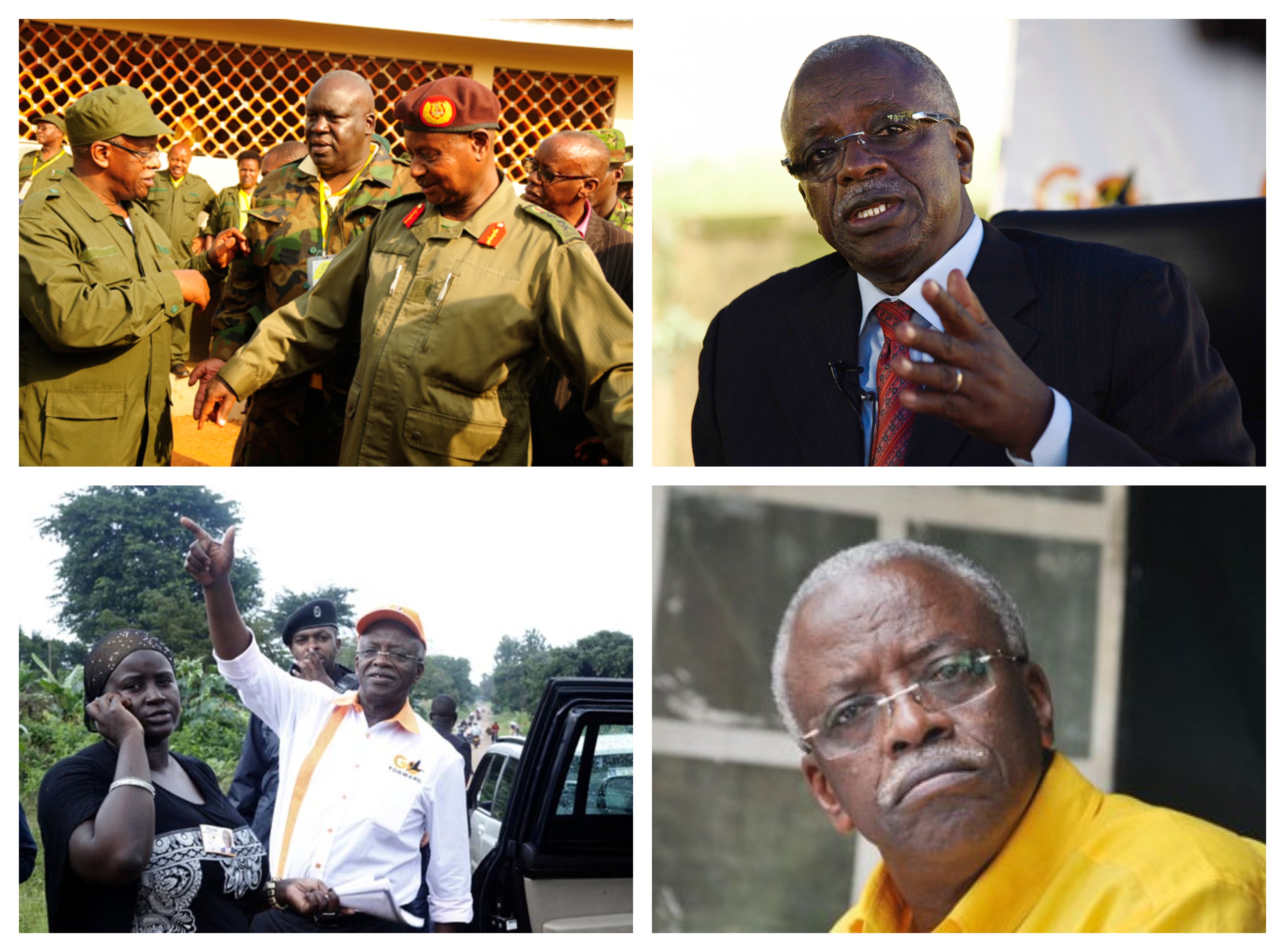In 2008 or thereabouts, a political reporter at The New Vision secured an interview with Apolo Nsibambi, the former prime minister.
The prime minister laid down a few ground rules.
“Keep time,” Nsibambi said. “I will only give you 30 miniutes of my time.”
The reporter informed his editor about the scoop and both were happy. But on the day of the interview, the editor insisted that he tags along.
“There is no problem,” the reporter told him.
They kept time and found Nsibambi reading the day’s papers. The interview started and after 30 minutes, the prime minister indicated that that will be it.
No problem. As they stood up to bid Nsibambi farewell, his secretary said he had organized a modest transport refund for the duo.
The editor politely declined the offer saying the company had facilitated them. The reporter stretched out his arm and took his envelope.
Then as the reporter turned away, the secretary said, “you can also take this second envelope since it had already been budgeted for.” He promptly took it.
As they stepped out and started going down the stairs, the editor turned to the reporter and said in a firm voice: “I want my share.”
“But you declined the money in the office,” the reporter shot back. “ I want it now or else you will find another newspaper to publish the interview.
The reporter relented and handed the editor one envelope. In each envelope was a crisp Shs 20,000 note. So in total, they shared Shs 40,000 between themselves. Nsibambi, it turns out, was not only modest in many other things, he was extremely modest when it came to facilitating journalists.
Transport refund as you might have realized is one of the hot potato issues in Uganda’s media industry.
Various organisations and subjects that are usually covered by the media have come to expect that they must put aside something small for journalists.
The journalists have also come to expect some form of facilitation from the organisations and news sources they cover.
Some media analysts say this has affected the quality of journalism in the country and derailed the careers of once promising young journalists.
This whole issue of transport refund has given birth to a new breed of journalists, “the workshop journalists.” They tend to target workshops for money and free meals.
Workshop journalists tend to be freelancers. They wake up every day and move from one major hotel to another, scrutinizing the hotel’s noticeboards to see whether there is any opportunity to make a quick buck and enjoy a free meal while at it.
In Uganda, their base is Hotel Africana which usually hosts many events. They can also be found at Fairway Hotel, Grand Imperial Hotel, Sheraton Hotel and others.
One of the ‘workshop journalists who requested for anonymity told Bbeg Media that since media organizations pay peanuts for stories, he has to find means of making ends meet.
“I send stories to a radio station based in Western Uganda. But they pay Shs 3000 per story. They don’t facilitate me in any way. But when I attend a workshop and I am given a refund of Shs 50,000 for a half a day, that is okay,” the journalist said.
How transport refund affects story angles
Journalism, everywhere, is built on the pillars of impartiality and independence. The little monster of transport refund has tilted the scale.
When journalists receive money from an event organizer or a news subject the expectation, often implied but sometimes explicit, is that the story angle will be favorable to the organizer’s/subject’s cause.
It is not uncommon for some event organizers to call the news organization and complain about some of the angles from an event yet they facilitated the journalist.
Secondly, some journalists after being given some facilitation feel an obligation to present the organizer or the subject in a positive light. This corrupts the core principles of journalism, where facts should lead the narrative, not financial inducements.
In many cases, reporters are often swayed to highlight the most flattering aspects of an event or a speaker’s message. In more extreme cases, journalists may avoid asking hard questions altogether, knowing that doing so could jeopardize future invitations—and future “transport refunds.”
In many cases, press conferences by government agencies or private companies may generate glowing reports, not because they were particularly newsworthy, but because the journalists in attendance were given generous transport refunds.
Transport refund tends to range between Shs 10,000 and Shs 100,000, depending on the organization or the news source.
Transport refunds have become the main determinant of whether journalists cover a function or shun it.
Media houses might have early morning editorial meetings to assign reporters based on the event’s importance or its relevance to their audience, but in reality, many journalists prefer to attend events that guarantee a refund.
In Uganda, there are individuals and organizations whose functions are shunned simply because they rarely give journalists money.
They include NUP president, Robert Kyagulanyi aka Bobi Wine, Kampala Lord Mayor Erias Lukwago, Maj Gen Mugisha Muntu of ANT, Medard Sseggona, Godfrey Kiwanda and others are known to be ‘tight’ with money within media circles.
Organizations that are reluctant to give journalists transport refund include; Uganda Human Rights Commission, National Identification Registration Authority, KCCA, UPC, DP, FDC, Uganda Media Centre and others.
Those that are generous with transport money are; Uganda Tourism Board Uganda Revenue Authority, NSSF, UNRA, Uganda Airlines, NEMA, National Forestry Authority (NFA), Civil Aviation Authority, Population Secretariat and others.
What next?
Yet in truth, the culture of transport refund has not only warped the priorities of journalists but has also posed serious ethical dilemmas.
On the one hand, they are underpaid and sometimes even unpaid by their media houses, making transport refunds a necessary evil to continue doing their job. On the other hand, accepting money from event organizers compromises their independence and integrity.
Journalists are supposed to act as watchdogs of society, holding power to account and serving the public by providing accurate, fair, and balanced reporting. However, when they accept transport refunds, they risk becoming complicit in shaping the narrative that event organizers want to push.
To curtail the influence of transport refunds, media houses need to step up and ensure that journalists are adequately compensated and facilitated for their work.
Media training programs that emphasize ethics and independence could help reporters navigate these dilemmas, and media watchdog organizations like the African Centre for Media Excellence (ACME) should hold media houses accountable for fostering this culture of dependence on transport refunds.
Event organizers need to reconsider their role in this dynamic. Rather than offering money, they should encourage transparency and create an environment where journalists can feel free to report objectively.
Ultimately, the practice of giving transport refunds, if left unchecked, threatens to kill good journalism in Uganda. It distorts priorities, compromises ethics, and diminishes the role of journalists as impartial chroniclers of truth.
